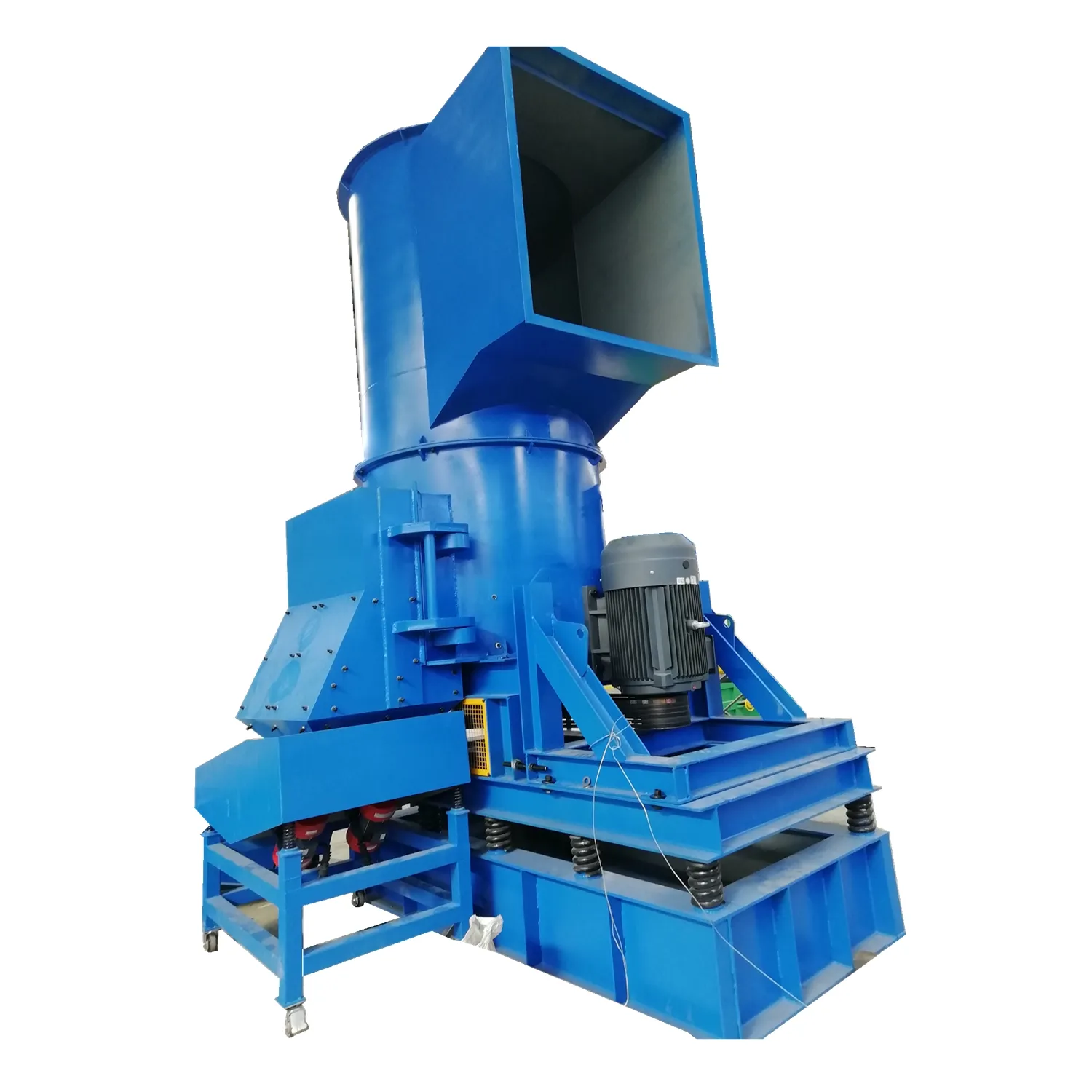

ಆಕ್ಟೋ . 17, 2024 02:56 Back to list
Understanding the Cost of Industrial Metal Shredders
The industrial metal shredder is an essential piece of machinery for recycling and waste management industries. These robust machines are designed to process large volumes of metal waste, transforming it into smaller, manageable pieces. However, when considering the acquisition of an industrial metal shredder, costs can vary significantly based on several factors.
Initial Purchase Price
The initial purchase price of an industrial metal shredder can range widely, typically falling between $10,000 to $1 million. The price depends on the shredder's size, capacity, brand, and features. Smaller, less powerful models designed for light metal processing will cost significantly less than heavy-duty shredders built for industrial applications, capable of shredding large quantities of ferrous and non-ferrous metals.
Type of Shredder
There are various types of industrial metal shredders available in the market, including single-shaft, two-shaft, and four-shaft shredders. Single-shaft models are less expensive and suited for softer metals, while two- and four-shaft models, which can handle tougher materials, tend to be more costly. Furthermore, specialized shredders designed for particular applications, such as automobile recycling or electronic waste, may also come with a higher price tag.
Operating Costs

While the initial cost is crucial, potential buyers should also consider ongoing operating costs. These include energy consumption, maintenance, and repair expenses. Industrial metal shredders can consume significant amounts of electricity, so an energy-efficient model may be more cost-effective in the long run. Additionally, regular maintenance is essential to ensure optimal performance, which can further add to operating costs.
Accessories and Add-Ons
Various accessories and add-ons can enhance the functionality of a metal shredder, albeit at an additional cost. Features such as magnetic separators, dust collection systems, and conveyor belts can improve efficiency and safety. Investing in these enhancements can increase the shredder's overall effectiveness but will also contribute to the initial outlay and ongoing operational costs.
Market Conditions and Supplier Factors
Market conditions can also influence industrial metal shredder prices. Fluctuations in metal prices and the availability of raw materials can lead to price changes in the equipment. Purchasing from reputable suppliers who offer warranties and customer support may incur slightly higher costs but can provide added value through longevity and reliability.
Conclusion
In conclusion, the cost of acquiring an industrial metal shredder involves more than just the initial purchase price. Businesses must consider the type of shredder, operating costs, optional accessories, and market conditions to make an informed decision. Although the investment may be substantial, the potential for improved efficiency and profitability in the recycling process often justifies the expense. As industries continue to emphasize sustainability, industrial metal shredders will remain a vital component in waste management and recycling strategies.
Latest news
Troubleshooting Common Eddy Separator Problems
NewsJul.04,2025
The Role of Metal Recycling Plants in Circular Economy
NewsJul.04,2025
The Impact of Recycling Line Pickers on Waste Management Costs
NewsJul.04,2025
Safety Features Every Metal Shredder Should Have
NewsJul.04,2025
How Industrial Shredders Improve Waste Management Systems
NewsJul.04,2025
How Cable Granulators Contribute to Sustainable Recycling
NewsJul.04,2025